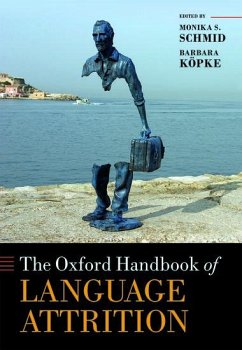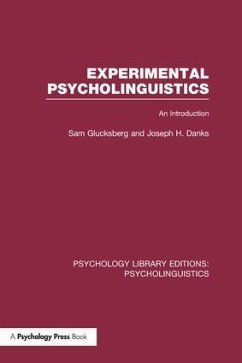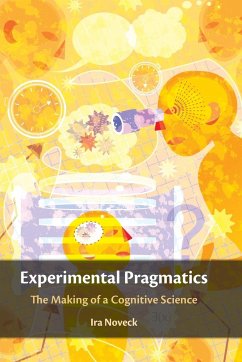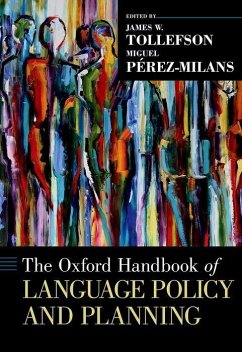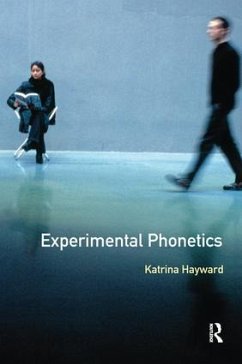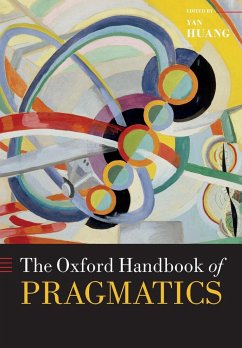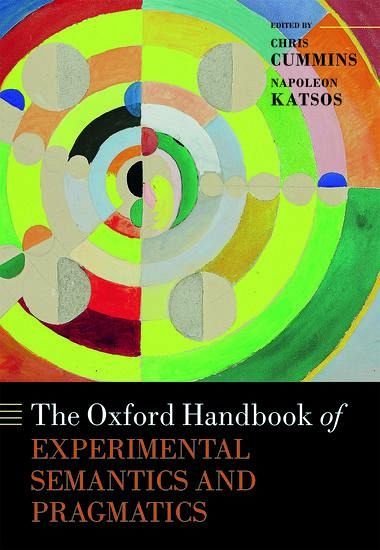
Oxford Handbook of Experimental Semantics and Pragmatics
Versandkostenfrei!
Versandfertig in 1-2 Wochen
184,99 €
inkl. MwSt.

PAYBACK Punkte
92 °P sammeln!
This handbook is the first to explore the growing field of experimental semantics and pragmatics. In the past 20 years, experimental data has become a major source of evidence for building theories of language meaning and use, encompassing a wide range of topics and methods. Following an introduction from the editors, the chapters in this volume offer an up-to-date account of research in the field spanning 31 different topics, including scalar implicatures, presuppositions, counterfactuals, quantification, metaphor, prosody, and politeness, as well as exploring how and why a particular experim...
This handbook is the first to explore the growing field of experimental semantics and pragmatics. In the past 20 years, experimental data has become a major source of evidence for building theories of language meaning and use, encompassing a wide range of topics and methods. Following an introduction from the editors, the chapters in this volume offer an up-to-date account of research in the field spanning 31 different topics, including scalar implicatures, presuppositions, counterfactuals, quantification, metaphor, prosody, and politeness, as well as exploring how and why a particular experimental method is suitable for addressing a given theoretical debate. The volume's forward-looking approach also seeks to actively identify questions and methods that could be fruitfully combined in future experimental research. Written in a clear and accessible style, this handbook will appeal to students and scholars from advanced undergraduate level upwards in a range of fields, including semantics and pragmatics, philosophy of language, psycholinguistics, computational linguistics, cognitive science, and neuroscience.





